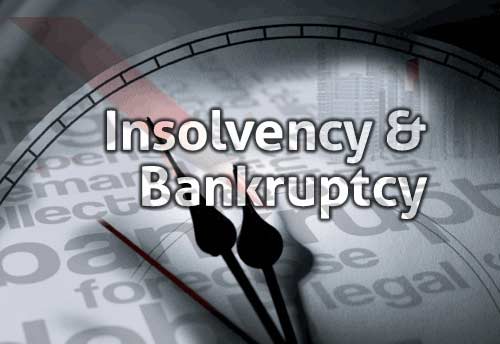MCA invites comments to cut delay in resolution under IBC
Updated: Dec 24, 2021 10:46:18am

MCA invites comments to cut delay in resolution under IBC
New Delhi, 24 Dec (KNN) Amid growing concerns over inordinate delay in the resolution of toxic assets, the Ministry of Corporate Affairs (MCA) has proposed to amend the Insolvency and Bankruptcy Code (IBC).
The National Company Law Tribunal (NCLT) might be given only 30 days to either accept or reject a resolution plan and if the Adjudicating Authority (AA) fails to do so within a month, it has to “record reasons in writing for the same”.
The MCA has proposed a raft of changes to the IBC to make it more robust and cut delay, aimed at preventing further erosion of value of the stressed firms. It has sought stakeholders’ comments on the proposed amendments by January 13, 2022.
Given that banks and financial institutions have developed the practice of submitting information to information utilities (IUs), the NCLT would only be required to consider IU-authenticated records as evidence of default and claims filed by financial creditors. “This will also dissuade AAs from taking time to determine ancillary matters such as the amount of default,” it said.
The move comes months after the Parliamentary Standing Committee on Finance suggested that the most crucial reasons for the delay in resolution and asset value erosion are the bottlenecks in the NCLT system. As many as 13,170 insolvency cases involving claims of Rs 9.2 lakh crore are awaiting resolution before the NCLT. About 71% of the cases have been pending beyond 180 days, the panel had said in its report in August.
In a bid to curb wrongdoing by unscrupulous elements, the ministry has also proposed that an explanation may be added to the Section 26 of the IBC to clarify that proceedings for avoidance of transactions and wrongful trading can continue after the approval of a resolution plan by the NCLT.
The threshold for the look-back period for avoidable transactions will also be altered so that “a longer net can be cast to effectively capture pre-filing transactions”.
To make exit easier for businesses where voluntary liquidation has been sought, the proposed changes demand that the approval of the NCLT in such cases need not be mandatory.
The closure of the liquidation process may thus be carried out by the stressed firm by way of a special resolution or members’ resolution and approval of creditors representing two-thirds in value of the debt where the corporate person owes debt to any person. If such approvals are made, the liquidator may be required to make a public announcement of the closure of the process and intimate relevant authorities, such as the IBBI and the registrar of companies.
To make the contributions to the IBC fund more attractive, the proposed amendments also suggest that the government prescribe a detailed framework for contribution to and utilisation of such a fund. The IBC had provided for such a fund “for the purposes of insolvency resolution, liquidation and bankruptcy of persons under the Code”. However, since the contribution to it remained voluntary, the fund didn’t quite gather traction.












